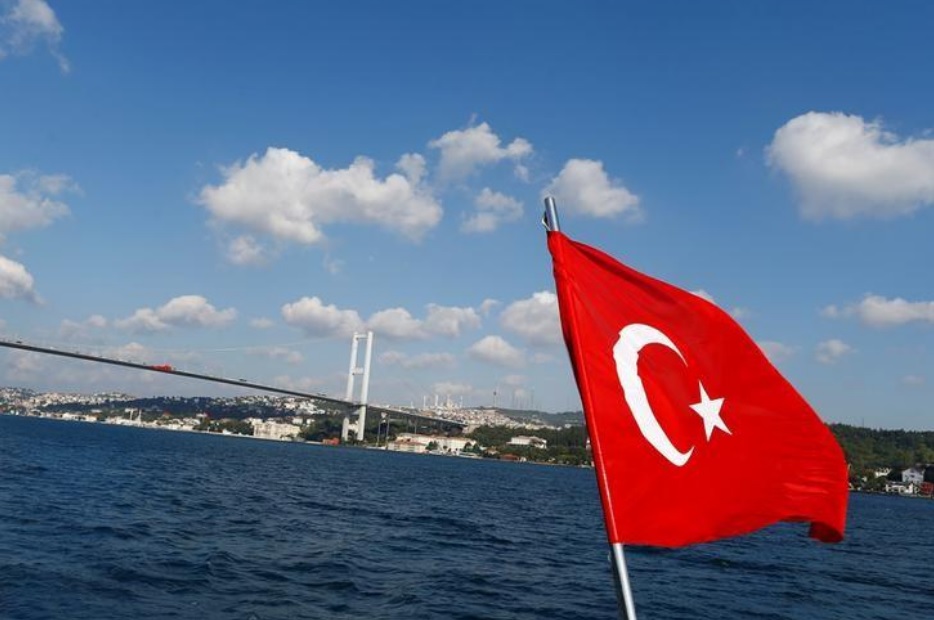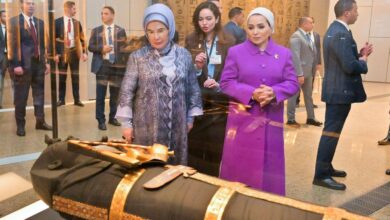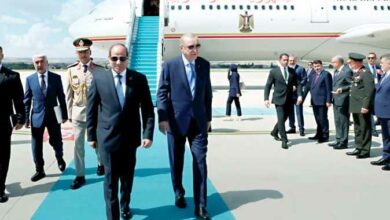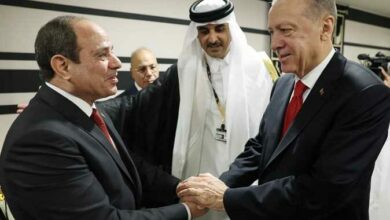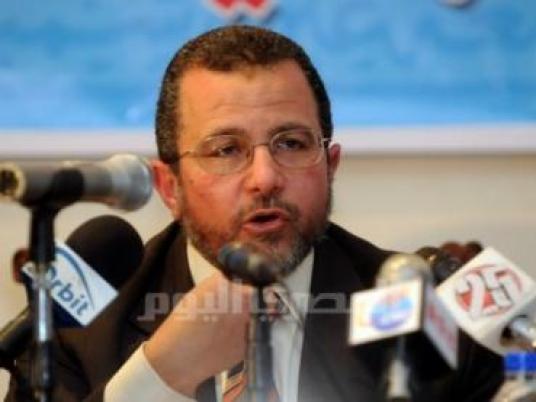
Prime Minister Hesham Qandil said on Tuesday that Egypt would invite the International Monetary Fund to visit for talks about a loan at the end of October and said he hoped to reach an agreement "by that time."
Finance Minister Momtaz al-Saeed echoed Qandil's sentiments, adding that he hoped a deal would be reached within two weeks of the visit.
Egypt, which has launched negotiations for a US$4.8 billion IMF loan while indicating it may want more, urgently needs support to prop up state coffers weakened by turmoil since the popular uprising last year that ousted President Hosni Mubarak.
"We are negotiating with the IMF. Our people are travelling to Tokyo to attend the joint IMF/World Bank meeting this week," Qandil told a conference.
"They are inviting the IMF to come for official negotiations by the end of this month. We are hoping to reach an agreement by that time," Qandil said.
Qandil also said during a press conference that the government aimed for 4 percent growth in the 2012/13 fiscal year and said a five-year plan envisaged hitting an annual growth rate of 7.5 percent.
The government has previously forecast gross domestic product (GDP) would grow by 4 to 4.5 percent in 2012/13, a figure that economists say is optimistic.
"Our plan in this fiscal year of 2012/13 is a growth rate of 4 percent, which can secure about 750,000 new jobs, and over our five-year plan we shall reach a 7.5 percent growth rate," Qandil said.
The IMF wants Egypt to put a program in place to narrow a budget deficit that has mushroomed to 11 percent of GDP since the uprising. Egypt has said it is working on its program but insists it will be "homegrown."
One part of that program is likely to be a restructuring of petroleum subsidies, which eat up about 25 percent of total government spending.
Analysts say measures to reduce energy subsidies are certain to be unpopular among many Egyptians, some of whom joined the uprising last year because of economic grievances.
Qandil has previously said that a series of measures are needed to ensure that subsidies reach those who deserve them most.
Meanwhile, Saeed also said a Turkish loan worth $1 billion would arrive in two tranches, with the first coming at the end of October and the second coming in January.

